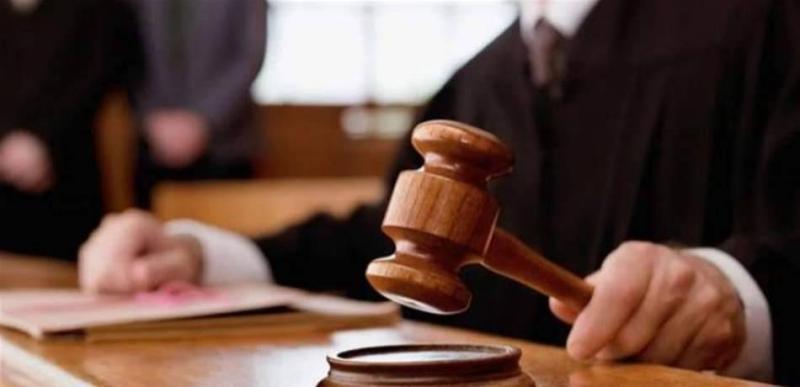With the announcement of over 400 judges going on a sit-in in protest against their living conditions and the state of the courts, work in most public prosecution offices has halted, thus crippling the justice system across various lawsuits and cases. The implications of this sit-in, despite its legitimacy, affect many aspects that concern the people and their interests linked to the courts, creating a negative impact if this decision persists.
Lawyer Suleiman Malek enumerated some of these repercussions via mtv. For instance, the judicial police depend on a signal from the public prosecutor when a crime occurs, and currently, they cannot detain an individual for more than 48 hours in cases of flagrant offenses without direction from the prosecutor. During the sit-in, there is no communication with public attorneys, and most public prosecution offices have ceased operations. This presents the greatest danger, as the possibility of addressing the status of any detainee has stopped, threatening public order; the judicial police cannot arrest or detain any suspect without a judicial order, otherwise, they risk unlawfully depriving that individual of their freedom, exposing their personnel to legal criminal liability. This creates a severe crisis and poses a threat to the safety and security of Lebanese citizens, with offenders and criminals remaining free.
In light of this grave reality, Malek states that "prolonging the sit-in will transform the situation from merely demanding rights for a group of people to turning an entire nation into a victim of the ease of committing crimes, leading society into a lawless state due to the absence of accountability. Therefore, it is essential to use the authority granted to the judiciary by the constitution and law as a tool for accountability, courageously limiting the influence of politicians and influential parties, as the entire population today focuses on supporting the judiciary, believing that there can be no nation without justice."
Beyond just crime, the sit-in also affects executive transactions, such as precautionary seizures, which will not be executable to safeguard people's rights. Certainly, the judges' cry for their rights is justified, but this sit-in also has a negative impact on people's rights if they do not achieve these demands and accept a compromise from one side or the other. Malek adds that while an individual can partake in a sit-in as a personal sacrifice, what is happening now is sacrificing the lives and rights of people. We acknowledge that their demands are valid and that living conditions are difficult for everyone, necessitating a responsible decision to address these issues.
The most crucial topic returns to the forefront: the independence of the judiciary, which seems to have turned into a scapegoat for political forces. Malek points out that the continual erosion of judges' rights by political power, paired with the undermining of the possibility of enacting a law for the independence of the judiciary, has compounded issues until they reached a breaking point, leading to judges declaring a near-total cessation of their roles in the courts of justice. This time, the sit-in is open-ended with no clear end in sight unless their demands are met, the most important of which involves conditions for living with dignity befitting the authority of justice, achievable only with the willingness of concerned parties to release and enact the law for judicial independence.
However, if the reasons leading to the sit-in are not addressed, judges will remain in a cycle of survival, merely trying to maintain their existing rights rather than improving them. The scene is unclear, justified, and dangerous. The judiciary, along with its employees, lawyers, and litigants, cannot remain hostage to the undermining of justice for a myriad of reasons. Ultimately, a judge, like any employee or practitioner, can neither work, research, justify, nor compare to reach decisions and realize justice, as long as they are preoccupied with securing their livelihood or whether their salary suffices for their basic needs like food, electricity, water, healthcare, and education. This anxiety will undoubtedly reflect on their productivity and impede it.
Thus, Lebanese citizens now face a choice between deficient, politicized, and conditional justice, and complete injustice leading to social and security collapse. The legitimate demands cannot ever justify opening the country to crime and chaos; the responsibility is greater than ever. If the judiciary is well, the country is well, and vice versa. But what happens to the country if justice is entirely absent?




